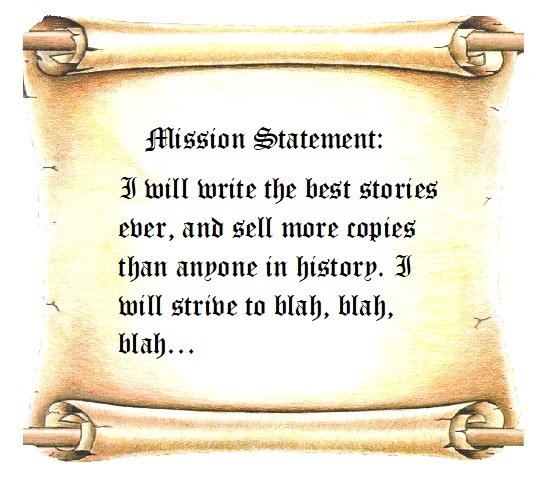Why you aren’t writing fiction? Think you’re not creative enough?
You once were.
You may not remember it, but when you were between three and five, you weren’t afraid to try anything. You were bold, unconstrained, inquisitive. You overflowed with all kinds of ideas, fantasies, and stories. That young version of you wasn’t afraid to talk about them, either.
How do I know this? Most kids that age are like that.

What happened to all that creativity? It got stifled. Someone, or maybe many people, told you your ideas were no good. Or they laughed at you. It could have been your parents, a teacher, your playmates, or anyone you respected. But someone stifled the creativity in you, and convinced you you’re not creative.
How do I know this? Because it happened, and is happening, to everybody.
You can get much of that creativity back. Not all of it, though. No technique can restore the complete freedom, the unchecked abandon, of a five-year-old. Your older brain has too many well-worn grooves for that.
But it’s possible to regain a good portion of that creative spirit. Moreover, that creativity will be coupled with sufficient adult patience to write a novel, and the adult life experiences to make such a novel believable and interesting. Those are two things you didn’t have when you were five.
Before we get to the creativity restoration secret, I must give credit to author and entrepreneur Tim Ferriss for this blogpost. His personal experiment to increase his creativity caused me to think about my own creativity quest.
Through trial and error, Ferriss found he could be most creative by knowing when to write, what to drink, and what to listen to. He tried writing at various times a day. He tried drinking different teas while writing. He worked while listening to different types of music. He settled on the right combination of these that worked for him. He stressed that the right combination for you would likely be different.
Ferris didn’t discuss how he measured his creativity for these experiments, but I suspect it was subjective. You just sorta know when you’re in the creative zone.
Most writers can’t easily experiment with different times of the day to write. The rest of your life may dictate the few available time slots, and you’ll have to do the best you can within those.
I haven’t tried various drinks. With the exception of a single mug of coffee in the morning, I avoid having any food or drink near my computer. That’s partly for sanitary reasons, but mostly to avoid weight gain.
As for music, I’ve just gotten used to silence. If I did listen to music, I’d go with instrumentals, because it’s hard for me to avoid paying attention to sung lyrics.
Now for my own prescription to restore much of your childhood creativity:
- Avoid settling on any fixed pattern. If possible, write at different times, in different places, by different methods, with different music, and different scents. A part of your brain will love the changes, and respond by thinking in new ways.
- Make a place for private, uncritical play. Write in a journal with a lock, or type in a password-protected file. Here, in this place, you can let yourself loose and explore anything, try out ideas, let your imagination soar with silly notions that will never be shared. (Some you might share once the ideas mature.)
- Try the ’20 Answers Method’ of solving a problem. Got a writing problem? Go to your private place and think of 20 answers to that problem. Don’t stop until you get to 20. Even stupid answers count, since they sometimes spark good ones.
- Hand over problems to your subconscious. I’ve found myself coming up with creative answers while doing mundane activities—showering, mowing the lawn, riding a bus or subway, cleaning, gardening, etc.
- Try mind mapping. How I wish a teacher had taught me this technique in elementary school! It’s a marvelous method for quickly collecting creative ideas.
I believe you can restore much of your long-lost creativity. Give my ideas a try. Also conduct some experiments like Tim Ferriss did. Soon you’ll be twice as creative as—
Poseidon’s Scribe




